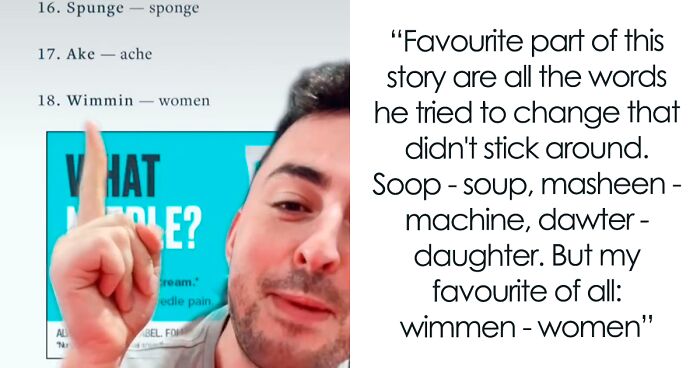
Turns Out, Americans’ Different Spelling Of Certain Words Was Intentional And Started By One Person, As Explained By This Teacher On TikTok
From eggplant to aubergine, and from colour to color—there are quite a few differences in British and American writing and spelling of the words. The minor details, especially when it comes to cutting out consonants, are famous for successfully annoying the hell out of anyone that needs to write in English and communicate information. Many people have been puzzled as to why Americans drop the ‘u’ in certain words or change it to another vowel.
The moment of truth has come thanks to this teacher from Australia, @mjj.1992, who took the initiative on his TikTok account to reveal the darkest secret etymology has ever had—spelling differences. And turns out there are even more oddities related to the stories behind the different spellings.
More info: TikTok
A teacher from Australia explains the mystery behind American spelling on his TikTok account
Image credits: mjj.1992
You might have wondered why Americans spell things differently for quite some time now, but this teacher from Australia is here to help by blowing all the dust away from good old etymology. His series of videos, which have over 65.3K followers, are playfully marketed as “Things I teach children that adults would froth,” with froth being an Australian word used to describe being really excited over something. Among the brilliant videos, one of them has the explanation to the history of different spellings.
Turns out that Noah Webster was behind the English language spelling reform
Image credits: mjj.1992
The teacher admits in the beginning of the video that growing up, he had no clue why Australians and Americans spelled color differently. Turns out there is one man behind this whole ordeal by the name of Noah Webster, who is the mastermind behind the thicker-than-life Webster’s dictionary, hence the name. As the Aussie teacher explains, Webster’s intention was to simplify the language.
As you may have guessed from his name, Webster is responsible for this huge dictionary
Image credits: mjj.1992
“Because English has roots in lots of different languages, sometimes the letters don’t match the sounds that you make when you say it, so Webster wanted to change that—so that the words read the way they were spoken.”
Webster went ahead replacing certain words with more phonetic spelling as many of them come from different languages
Image credits: mjj.1992
However, some of his suggestions didn’t make the cut
Image credits: mjj.1992
As English is quite complicated with all the influences from different languages, Webster actually decided to change some words so that they would be spelled more phonetically and that’s where color replaced colour, jail was no longer gaol, and centre became center.
And, considering the suggested spelling for the word ‘women,’ that’s probably for the better
Image credits: mjj.1992
The teacher’s favorite part is actually all the words that failed to make the cut. Imagine instead of soup, you would be having soop and machine would have turned into masheen. And as for daughter and women, we would be spelling them dawter and wimmin.
Here is the full story told by mjj.1992 in his TikTok video
@mjj.1992Webster, you tricky rascal! ##fyp ##teacher ##teachersoftiktok ##aussie ##australian ##story ##etymology ##webster ##color ##colour ##busythinkingabout♬ Monkeys Spinning Monkeys – Kevin MacLeod
So now we know that all of these spelling changes were essentially implemented to make our life easier
Image credits: mjj.1992
Followed by some comments from TikTok users who not only have learnt some new curious things, but also shared their opinion and insight
7Kviews
Share on FacebookI've had so many people try to correct my use of U in words like I spelled them wrong. NO, I'm using English from England
Canadian English has kept the original spelling as well.
Load More Replies...This is only half of the story: The British ADDED the U in the first place to "honor the French" in the 11th century after the Norman conquest. Webster was just reverting them back :)
It was also partly an assertion of a newly independent nation consciously throwing off part of its colonial legacy and Webster saw defining an "American" language as a means of promoting a new national identity (based on rationalism and secularism) and fostering a new American patriotism. If only there were a few more like him around today...
I've had so many people try to correct my use of U in words like I spelled them wrong. NO, I'm using English from England
Canadian English has kept the original spelling as well.
Load More Replies...This is only half of the story: The British ADDED the U in the first place to "honor the French" in the 11th century after the Norman conquest. Webster was just reverting them back :)
It was also partly an assertion of a newly independent nation consciously throwing off part of its colonial legacy and Webster saw defining an "American" language as a means of promoting a new national identity (based on rationalism and secularism) and fostering a new American patriotism. If only there were a few more like him around today...

 Dark Mode
Dark Mode 

 No fees, cancel anytime
No fees, cancel anytime 


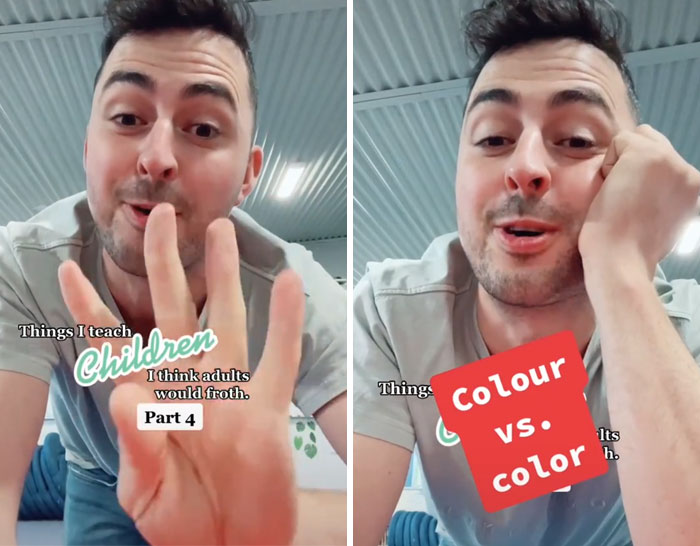
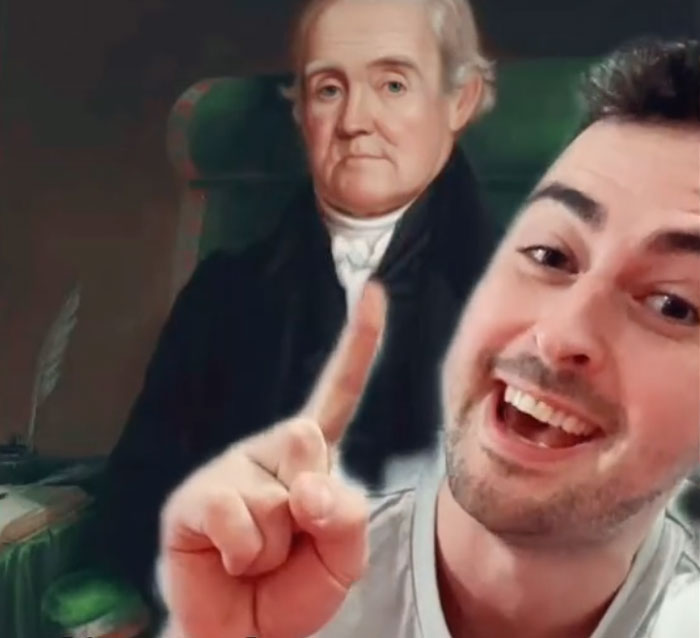
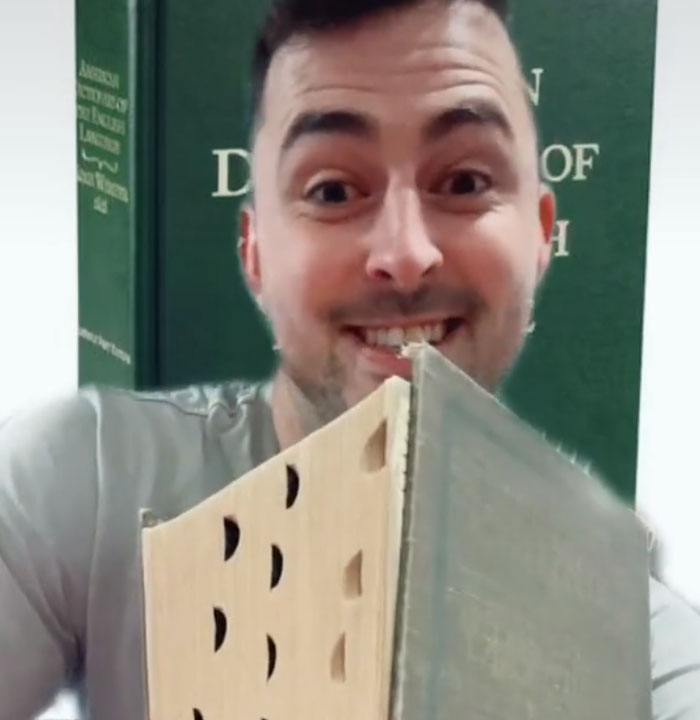
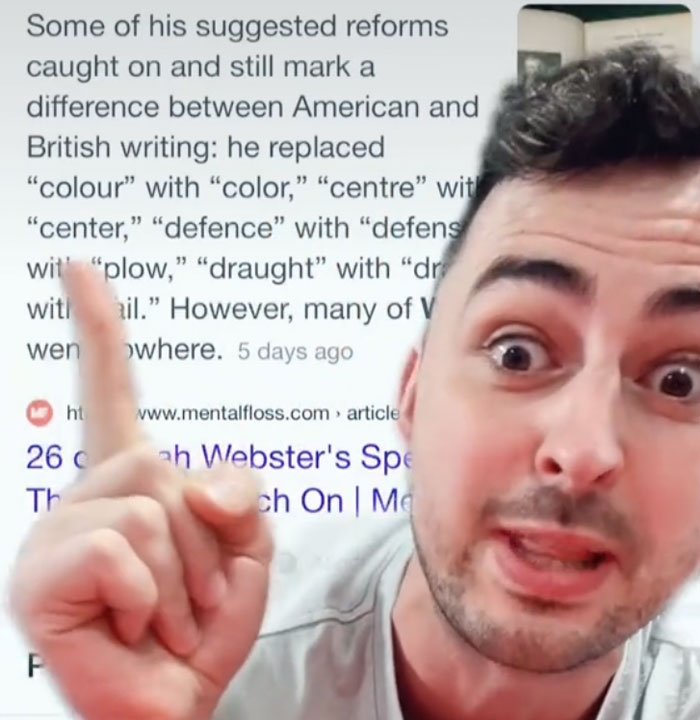
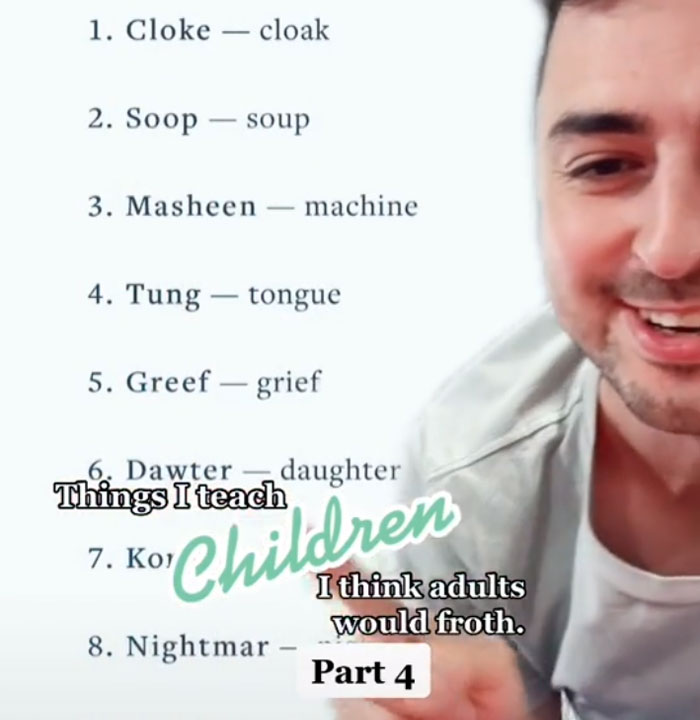
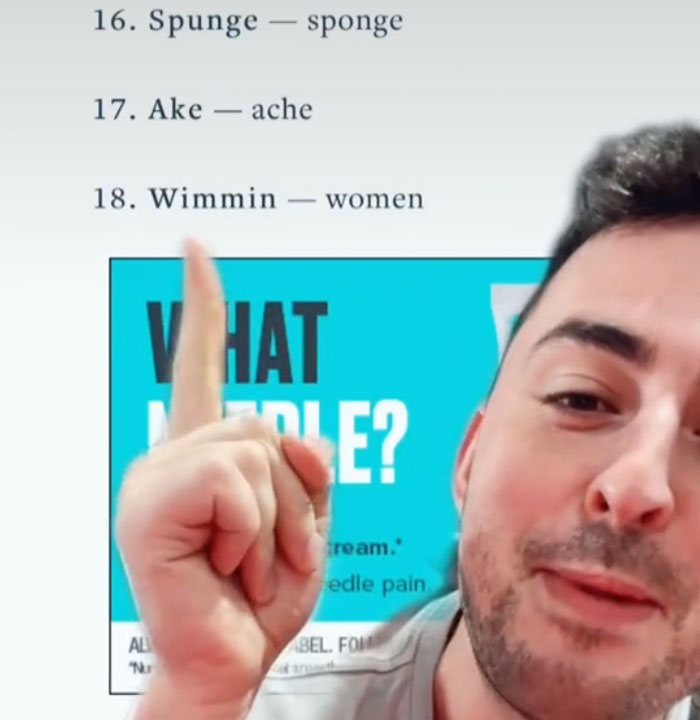
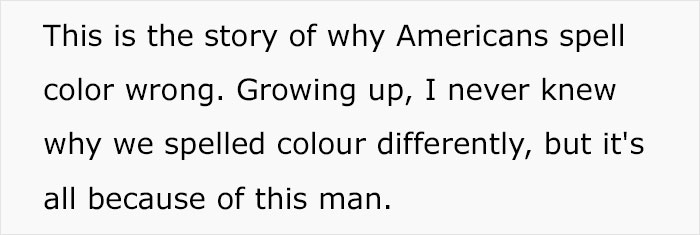
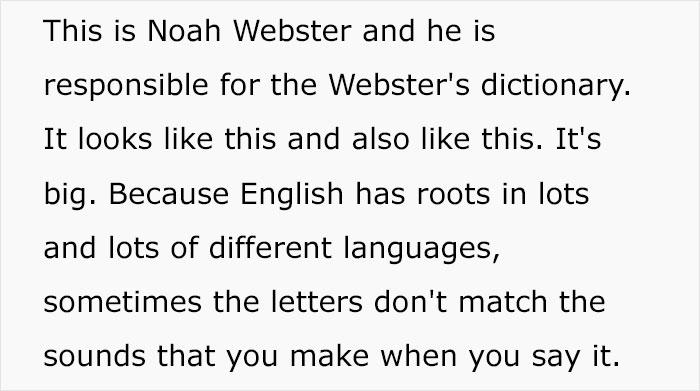
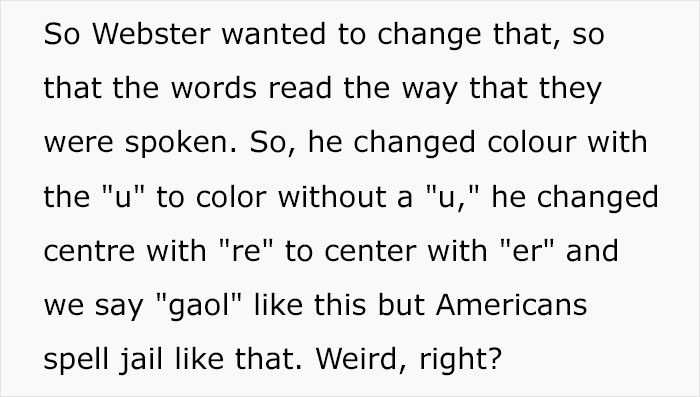
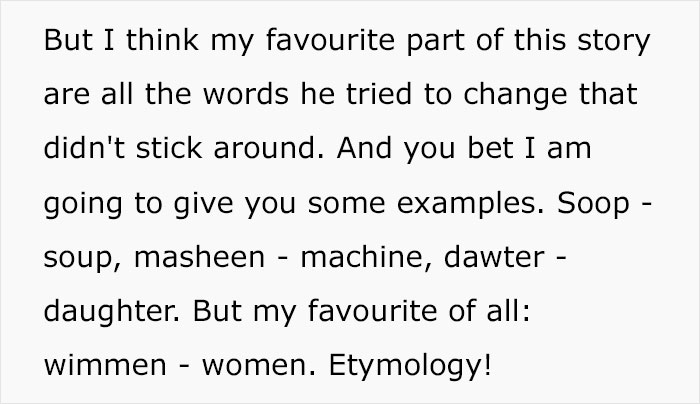




















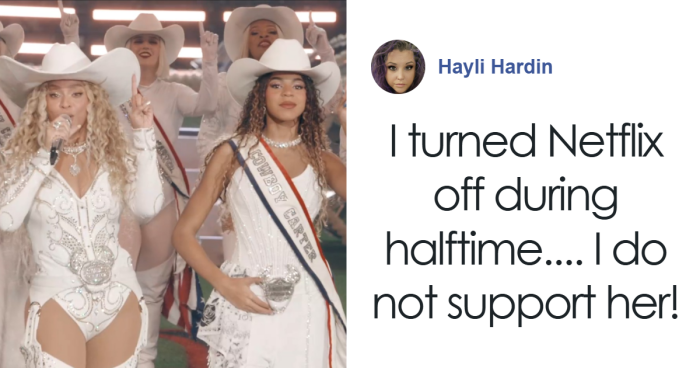

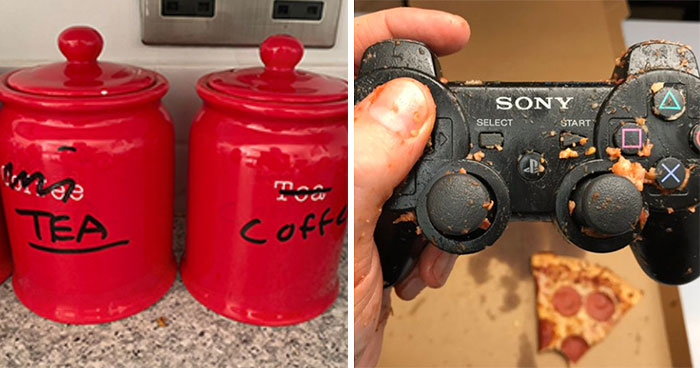
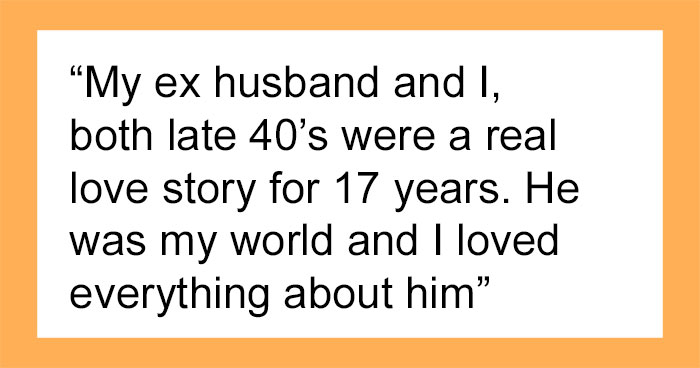


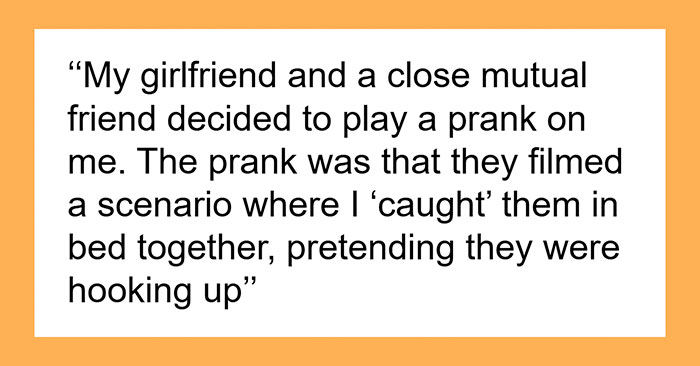
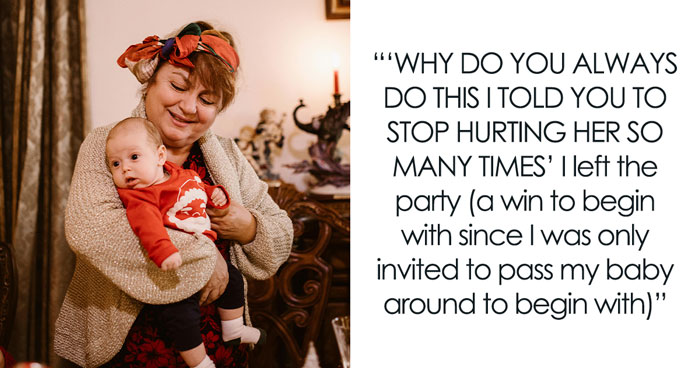
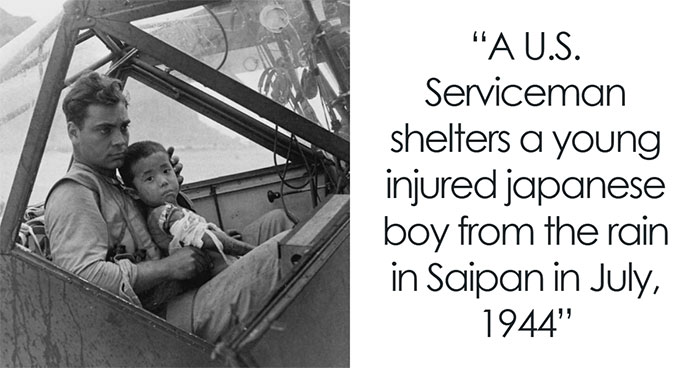

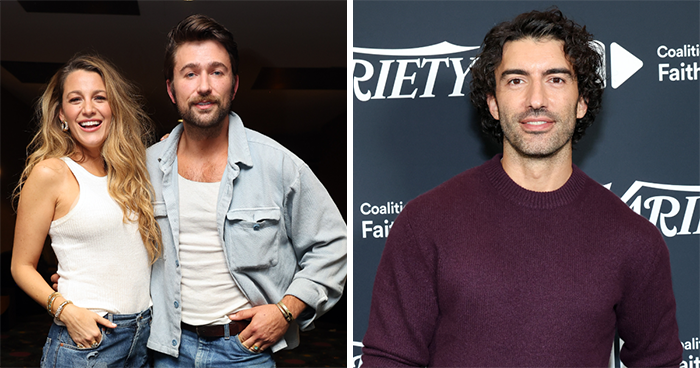
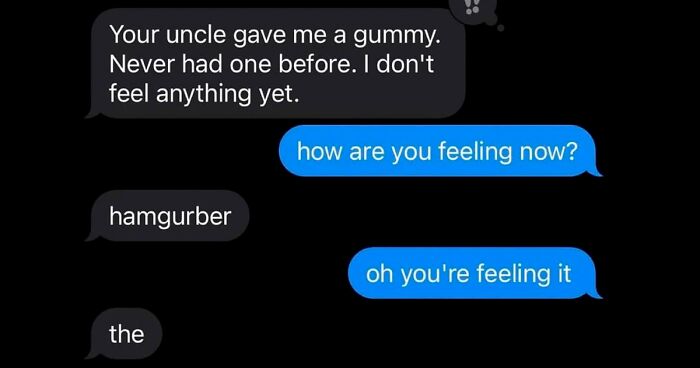
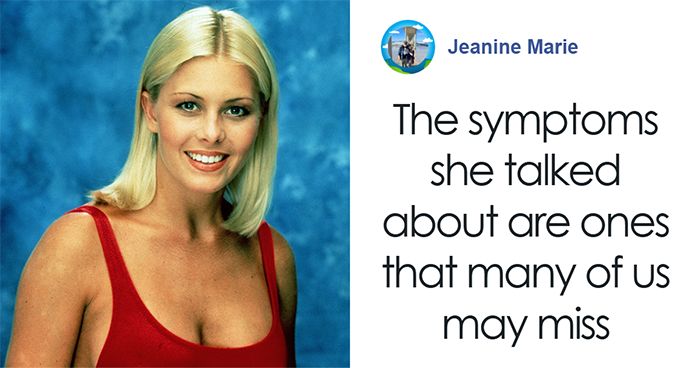


54
46